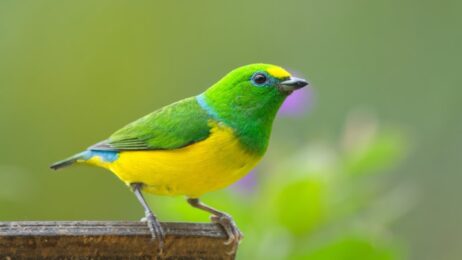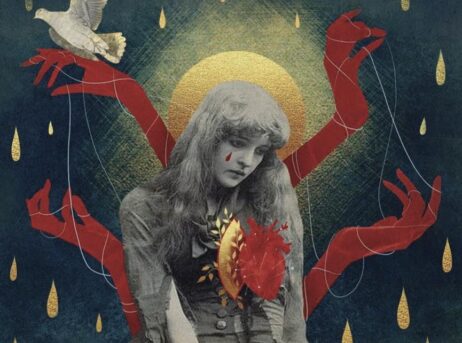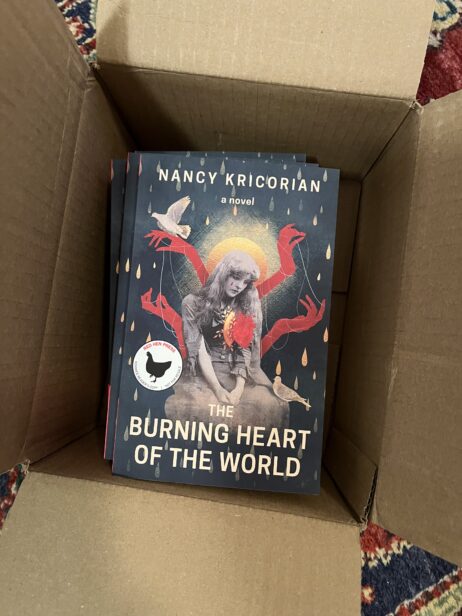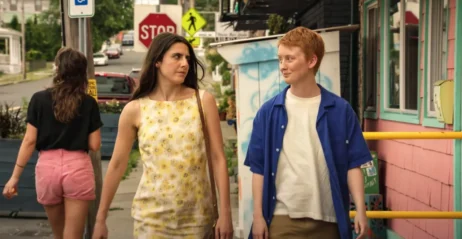Raising Our Voices
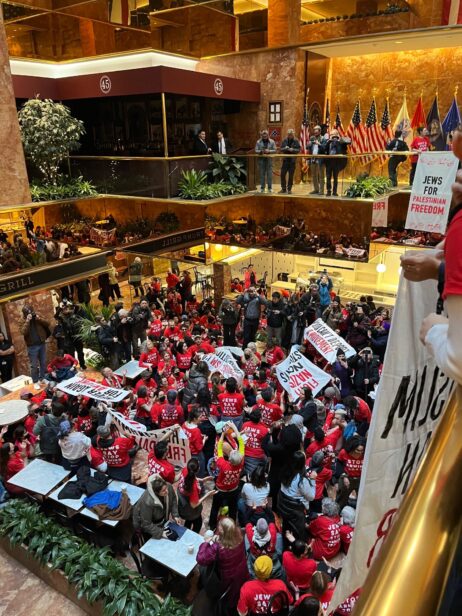
As many of you know, my spouse James teaches at Columbia University, which has again been much in the news. Things have been moving so fast that it’s hard to keep up with a situation that grows ever more dire. On Friday, March 7 when the Horsemen of the Apocalypse announced that Columbia would be losing $400 million in federal research funding, with much of this loss hitting the medical school, James wrote a letter to his fellow Jewish faculty that was subsequently published on LitHub. The ostensible reason for the government’s ire was rampant antisemitism on the Columbia campus. Let us be clear, an administration whose members have been giving Nazi salutes and empowering known white nationalists does not care about actual antisemitism. They are using these charges as a sort of Trojan horse to muscle their way onto campuses to quash dissent and to stage a hostile takeover. They want to do to higher education in America, starting with Columbia, what DeSantis did to New College in Florida. The Education Department sent warning letters to 60 colleges and universities that they are being investigated for antisemitism, using a definition of the term that conflates antizionism with antisemitism and characterizes protest against genocide as illegal support for a U.S.-designated terrorist organization. And at the end of last week they sent a letter to Columbia that was a hodgepodge of wild demands. Meanwhile, the Columbia Jewish Alumni Association and far-right Betar U.S., the latter of which created and shared with the horsemen a list of students they want targeted for deportation, are at the very least cheering from the sidelines.
The day after James penned his letter, Department of Homeland Security plainclothes officers followed a recently graduated Columbia grad student named Mahmoud Khalil into his university housing, effectively kidnapping him in front of his pregnant and horrified wife, who filmed the proceedings on her phone. By Sunday evening, he had been, without due process, whisked to an ICE detention facility in Louisiana and stripped of his residency status. He is not accused of any crime—he is being targeted because of his role as a mediator in the anti-genocide protests on the campus and statements he has made against the carnage in Gaza. The Center for Constitutional Rights, the ACLU, and CUNY Clear attorneys are representing Mahmoud Khalil in his fight against his incarceration and possible deportation. A federal judge issued a stay preventing his removal while the case is adjudicated.
Last Monday afternoon Columbia faculty held a press conference in support of Mahmoud and denouncing the university administration’s draconian punishments against student protesters. Professor Marianne Hirsch, who is a Holocaust scholar and the child of survivors, gave a moving and impassioned speech about growing up in a totalitarian dictatorship in Romania and the echoes of that experience in Mahmoud’s mistreatment. Professor Nadia Abu El-Haj spoke about the twisted notion of campus “safety” that has been employed by people who don’t want students protesting what is happening in Gaza and the West Bank, and about the fact that it is Mahmoud Khalil who is not safe.
On Thursday, the phenomenal organizers of Jewish Voice for Peace and JVP NYC staged a mass civil disobedience action in Trump Tower in Midtown Manhattan calling for the release of Mahmoud Khalil. Among their banners were ones saying: FIGHT NAZIS, NOT STUDENTS; JEWS FOR PALESTINIAN FREEDOM; and NEVER AGAIN FOR ANYONE. I was unable to join them because I was home sick with COVID (another story), but James was there, and was quoted in the New York Times coverage:
James Schamus, a Columbia professor who participated in the protest and is Jewish, said he thought the notion that the campus was “somehow a hotbed of antisemitic intolerance” was ridiculous.
“We all know that if anything, Columbia is a hotbed of students raising their voice and conscience, and in protest against the inhumane policies that this regime is imposing,” he said.
Since the start of the genocide in Gaza, this has been a fight with two fronts—one struggle is to stop the mass violence against civilians being carried out with our tax dollars and with the full participation of our government, and the second is to resist the repression of political dissent in this country. To be clear, the Biden Administration’s full throttle support for Israel’s murderous campaign in Gaza, coupled with its demonization of the student protests, set the stage for what we are seeing now.
It’s a scary time—they are doxxing, harassing, and targeting individuals to cow the rest of us into submission. One of our neighbors, a brilliant Columbia research scientist named Jennifer Manly, was just denounced on the front page of the New York Post. As another of our neighbors put it in a group email, “Their attack on her shows how little any of this has to do with antisemitism or even with Gaza. This one is just a straight up attack on Jen’s work on race and the social determinants of health.” They are out to destroy livelihoods and lives, as was done during the McCarthy era. Keeping in mind relative risk and relative privilege, we must all do what we can to protect each other and to stand for what we know is right.
Nancy Kricorian
*
LISTEN
An excellent episode of The Dig podcast, featuring Olúfẹ́mi O. Táíwò, Keeanga-Yamahtta Taylor and Mike McCarthy on the MAGA and DOGE war on woke. It’s LONG, but the first hour is particularly good, and I found Keeanga’s trenchant analysis to be helpful.
Fantastic Between the Covers interview with Omar El Akkad, author of the new book One Day Everyone Will Always Have Been Against This. I am a huge fan of David Naimon’s podcast, and this is bar none the best episode I have listened to.
READ
Interview with the ever-brilliant Palestinian novelist Adana Shibli.
Muskism and McCarthyism: Fascinating discussion with political science professor Corey Robin about fear in the workplace. “Fear is an amplification method. Governments only have a certain level of coercive power; they can’t map, let along control, all of society. What they can do is use fear to extend the coercive power they do have further than it might otherwise god. Fear, then, is a way of getting people to do what you want them to do, without having to exercise the coercive power that might otherwise be necessary to get them to do it.”
The official publication date of my new novel THE BURNING HEART OF THE WORLD is April 1, but friends have told me they are already receiving their preordered copies. Nanore Barsoumian wrote a beautiful and thoughtful review in The Armenian Weekly. Library Journal said, This is a fast-moving, relatable story that would be a good addition to a historical fiction section or fiction of special interest to women. Fans of Lisa Wingate and Chris Bohjalian will also enjoy it.
ACT
April 17 Day of Action for Higher Ed.
Check out Tesla Takedown.
Support your local public library with For the People.
Sign up for alerts from Save the Post Office
If you’re in New York City, sign up for alerts from local organizers Rise and Resist.
March 16, 2025
